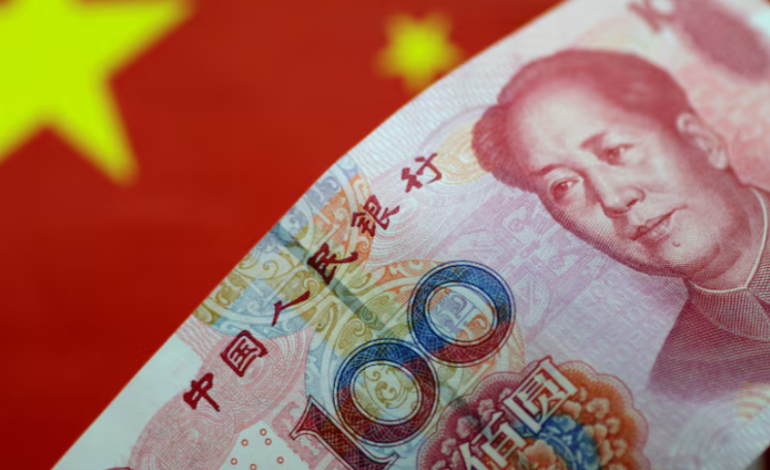China is making a renewed push to reshape the global financial system, proposing a move away from reliance on the US dollar in favor of a more balanced, multi-currency framework.
The remarks, delivered by Pan Gongsheng, Governor of the People’s Bank of China, at the annual Lujiazui Forum in Shanghai on Wednesday, reflect Beijing’s growing ambition to expand the global role of its currency, the yuan.
While Pan did not directly name the US dollar, his comments offered a pointed critique of the risks posed by global dependence on a single nation’s currency. Citing concerns about fiscal instability and policy unpredictability in dominant currency-issuing countries—widely understood to mean the United States—Pan warned such vulnerabilities could “overflow to the world in the form of financial risks, and even evolve into an international financial crisis.”
The call for reform comes amid heightened geopolitical tensions, shifting trade dynamics, and continued US use of financial sanctions, particularly targeting nations like Iran, Russia, and North Korea—key trading partners for China. As global trade patterns realign, Chinese officials are accelerating efforts to create financial infrastructure that reduces dependency on Western institutions and the dollar.
Pan outlined plans to develop a global financial system in which several major currencies, including the euro and yuan, coexist and balance one another. He also announced the establishment of an international operations center for China’s digital yuan (e-CNY) in Shanghai, aimed at supporting cross-border transactions and modernizing global payment systems.
“Traditional cross-border payment infrastructures can be easily politicized and weaponized,” Pan said, emphasizing the need for alternatives that are less susceptible to geopolitical leverage.
China’s strategy includes growing the international footprint of its Cross-Border Interbank Payment System (CIPS), a yuan-based alternative to the dollar-dominated SWIFT network. On Wednesday, six foreign banks—including Standard Bank and First Abu Dhabi Bank—agreed to integrate CIPS into their systems, further promoting the use of the yuan in global trade.
Despite these moves, the yuan still plays a relatively small role in international finance. Its limited convertibility and China’s strict capital controls make it difficult for the yuan to be a true store of global value or fully competitive with the dollar. Nonetheless, China has made progress in encouraging its use in trade settlements, especially among developing nations and politically aligned partners.
“China is not globalizing the renminbi in the Western sense, but regionalizing it—embedding the currency in trade, payments, and state-to-state ties,” said Dan Wang, an economist with the Eurasia Group.
Chinese leaders at the forum also pledged to stabilize the yuan’s exchange rate and continue opening the country’s financial markets to foreign investors. Li Yunze, head of China’s National Financial Regulatory Administration, noted that foreign institutions are “important contributors” to building a modern financial system in China, pointing to the country’s expanding consumer market as a source of future opportunity.
Still, Beijing faces considerable domestic challenges. China’s housing market remains weak, and while retail sales grew in May, much of the growth was concentrated in government-subsidized purchases of Chinese-manufactured goods. Many middle-class households are still recovering from the collapse of real estate prices in recent years.
With input from the New York Times and Reuters.










The latest news in your social feeds
Subscribe to our social media platforms to stay tuned